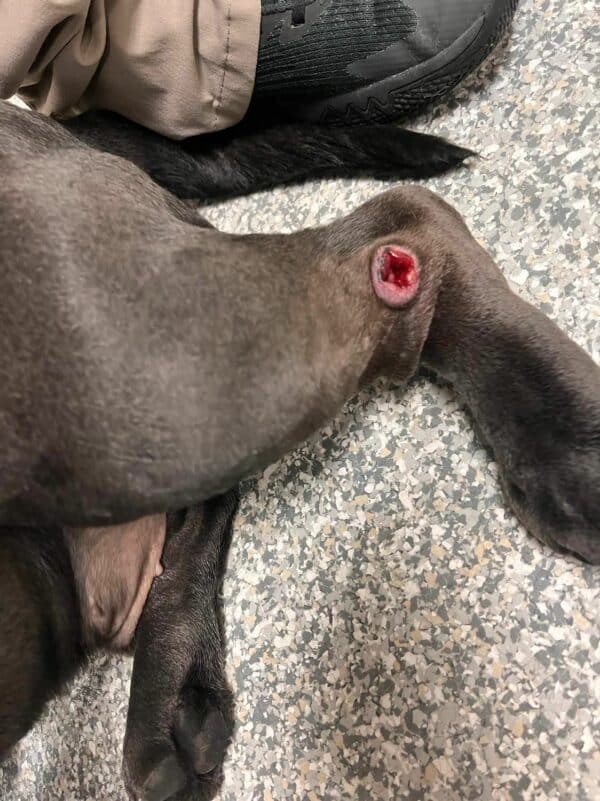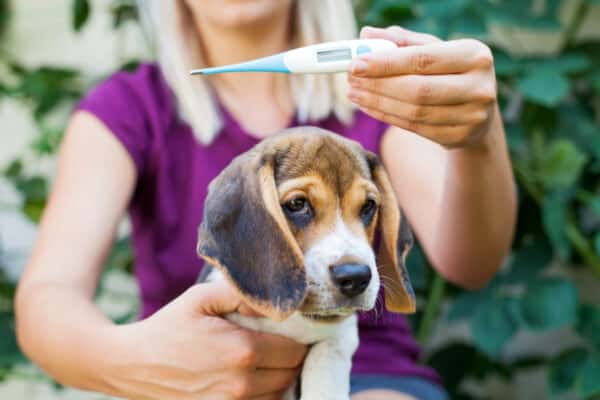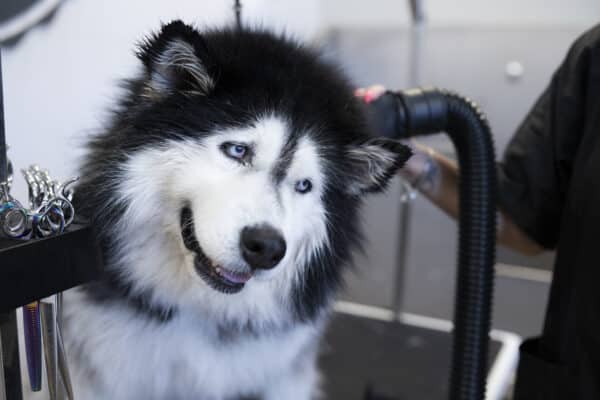If you’ve bred or are considering breeding your female dog, you may be wondering how to best support her body and the development of her litter in-utero. As humans, we highly encourage the use of prenatal vitamins for pregnant females, which contain an array of vitamins, folic acid, iron and zinc. Does something like this exist for dogs, and if not, what are some ways that you as a pet parent can support your pregnant dog?
Prenatal Vitamins for Dogs
Commercial prenatal vitamins for dogs do exist, but the truth is that the best prenatal vitamins for your pregnant dog are likely to already be found in your dog’s quality, commercial diet. Be sure that this food is labeled for all life stages.
Research shows that folic acid supplementation reduces the risk of certain birth defects such as cleft palates, neural tube defects and spinal bifida. Two additional supplements that may be considered are a fatty acid supplement including EFA and DHA and Vitamin B9.
It is absolutely paramount to consult with your dog’s veterinarian for guidance before beginning any of these supplements. Please do not give human prenatal vitamins to your dog.
How to Support Your Pregant Dog
Much prenatal care begins before your dog becomes pregant!
Prenatal care includes:
- Assessing genetics. It is not responsible to breed dogs who have a history of genetic disease, such as dysplasia. Do your due diligence and consult with your veterinarian before breeding your dog.
- Proper diet. This is possibly one of the most important aspects when supporting pregnant dogs. The best and most sustainable diet for these dogs is a quality, commercial diet. You can feed your pregant female as you would any healthy dog during the first two trimesters, so long as she is not gaining or losing too much weight. During the third and final trimester, it is recommended to switch to a commercial puppy formulation. Avoid large-breed puppy formulations, as the calcium phosphorus content will not support your healthy dog. Discuss the best diet with your veterinarian.
- Maintain appropriate weight. Both underweight and overweight dogs and their litters are at risk. Underweight dogs are likely malnourished and are at risk of stillbirths or underweight puppies. Obesity during pregancy can cause a myriad of issues including difficulty during labor and can decrease milk production.
- Work with your veterinary team. Find a veterinarian who specializes in breeding dogs and establish a relationship! Pregancy can be a stressful and anxiety producing time, especially the closer your pup gets to going into labor. Having a medical team on standby will be absolutely essential, not only for your peace of mind but also for the health of your pregnant dog and her litter.
When it comes to breeding a dog, some of the most important aspects for success include how healthy she is entering into pregnancy, your resources for supporting her through pregnancy and postpartum care. Always consult with your veterinarian before deciding to breed your dog to ensure that both you and your pup are fully prepared!
Note: Dogster believes in spaying and neutering dogs so as not to add to the many homeless dogs in rescues and shelters. Never breed dogs on a whim and spay her to avoid having your dog get accidently pregnant. Responsible dog breeders strive for the highest level of care, keep litters to a minimum and offer a home for life for all their dogs so none ever end up homeless. Read more on responsible dog breeders here.






